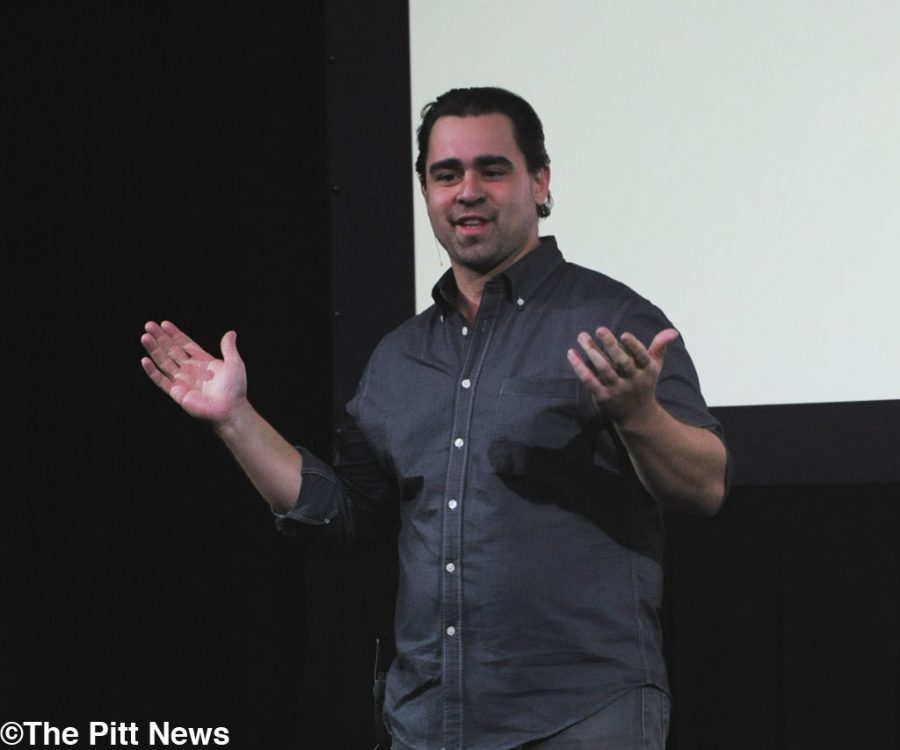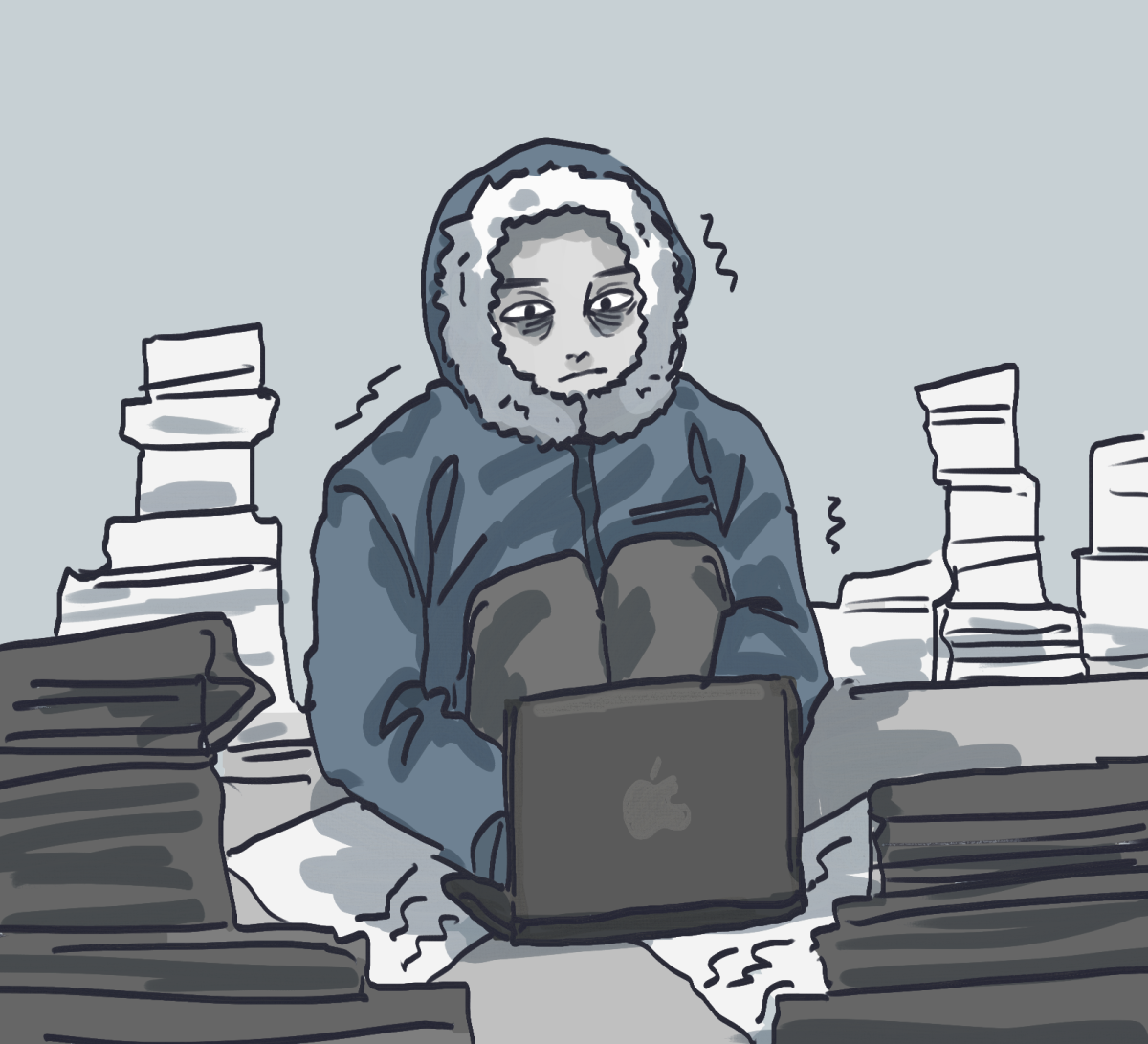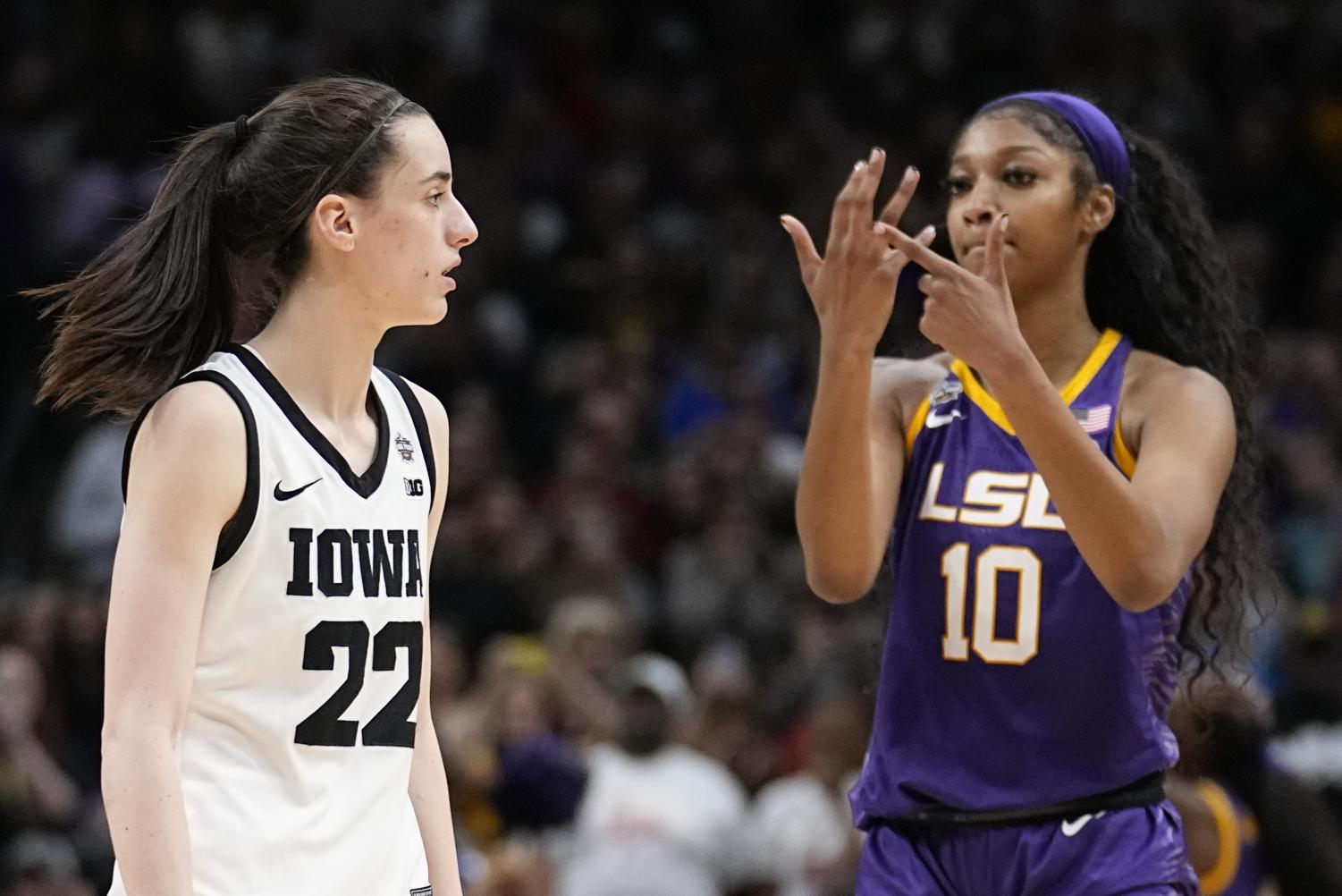Local leaders spread ideas at Pitt’s TEDx
April 12, 2015
Even after graduating college with a 2.6 GPA, Bobby Fry landed a job on Wall Street with the help of his roommate’s father.
“Shape yourself, so you’re ready when the world gives you opportunities,” said Fry, a Pittsburgh native and owner of Bar Marco, a restaurant in the Strip District.
Fry spoke about teamwork and work ethic at Pitt’s inaugural TEDx event, TEDxUniversityofPittsburgh, which featured Fry and five other speakers, including academics and other local business leaders, in the William Pitt Union from 10 a.m. to 2 p.m. on Sunday. Pitt graduate student Ravi Choudhuri organized the event, which — like other TEDx events — was independently organized and aimed to capture the spirit of official TED conferences. At these conferences, experts in different fields discuss ideas in science, culture and the arts.
The event’s brochure called it “a local, self-organized talk that aims [to] bring people together to share a TED-like experience.”
The event’s theme, “Reformation in the Face of Assimilation,” unified talks by six visiting speakers on subjects from business and science to philosophy and cultural identity.
Fry narrated his transition from Wall Street to the restaurant business.
“I wanted to build and create something with myself and with a team,” Fry said, referring to the lack of teamwork he perceived while working on Wall Street.
Now at Bar Marco, Fry and his staff have adopted a no-gratuity policy for servers.
“I’m not afraid to die on the treadmill,” Fry said in his talk, echoing a quote from actor Will Smith. “I will not be outworked.”
Fry also made frequent references to a quote from Abraham Lincoln about preparation and perseverance.
“Give me six hours to chop down a tree, and I will spend the first four sharpening the axe,” he said.
Fry compares his work ethic to the axe — once sharpened, it can chop down any obstacle in his path.
Tara Sherry-Torres, who spoke after Fry, talked about the experience of founding Cafe con Leche, a Pittsburgh-based pop-up restaurant. The restaurant, which unites Pittsburgh’s Latino population through community-based events, Sherry-Torres said, helped her along the path to taking initiative in her own life.
“The story that I’m going to tell you is the story of my journey toward self-authorization,” Sherry-Torres, who received her master’s degree in social work from Pitt, said.
Sherry-Torres said the biggest barrier to creating change in the world is waiting for permission.
“I look to everyone else, and I say, ‘Your own self-authorization will inspire others to be self-authorized,’” she said.
The event concluded with a talk from Peter Salk, son of polio-vaccine pioneer Jonas Salk and vice president and scientific director of the Jonas Salk Foundation.
Salk’s talk explored the potential future of the human population, based on his father’s belief that the universe is based on “one underlying, unifying field of existence.”
“We are a product of the process of evolution, but we have become part of the process itself,” Salk said.
Alex Ashraf, a public health master’s student at Pitt, specifically came to the event to hear Salk speak.
“I’m definitely a fan of Dr. Salk,” Ashraf said. “He’s idolized [in the School of Public Health].”
Syed Kaleem, a sophomore health services major, attended the event because of the reputation TED conferences have gained. As of 2013, independent organizers, like Pitt, had hosted more than 5,000 TEDx events, according to TED’s website. University of Southern California hosted the first TEDx event in 2009.
“I saw the Facebook event,” Kaleem said. “I’ve seen TED before, and I was very excited to see that it was coming to Pitt.”
In addition to Fry, Sherry-Torres and Salk, the 250 attendees listened to talks by La’Tasha D. Mayes, a candidate for Pittsburgh City Council, Saik-Kia Goh, a consultant and bioengineering Ph.D. candidate at Pitt and David Harris, a Pitt law professor and leading authority on racial profiling in law enforcement.
Choudhuri said he wanted prolific speakers that would engage with the audience for the first event.
“We need to know how our environment is changing and how we are changing our environment,” Choudhuri said.




